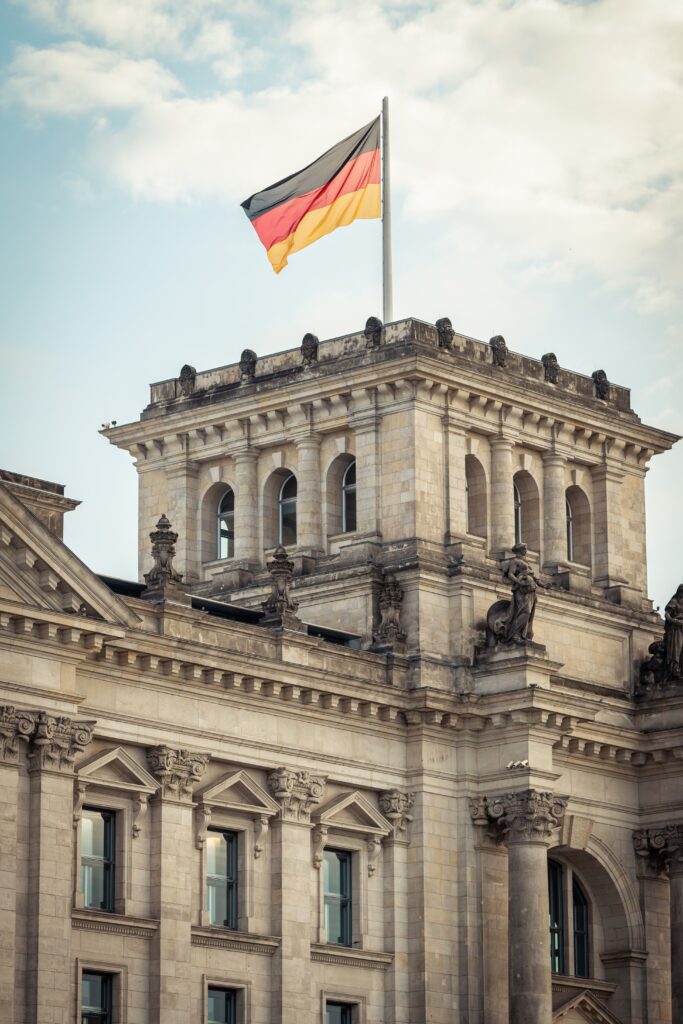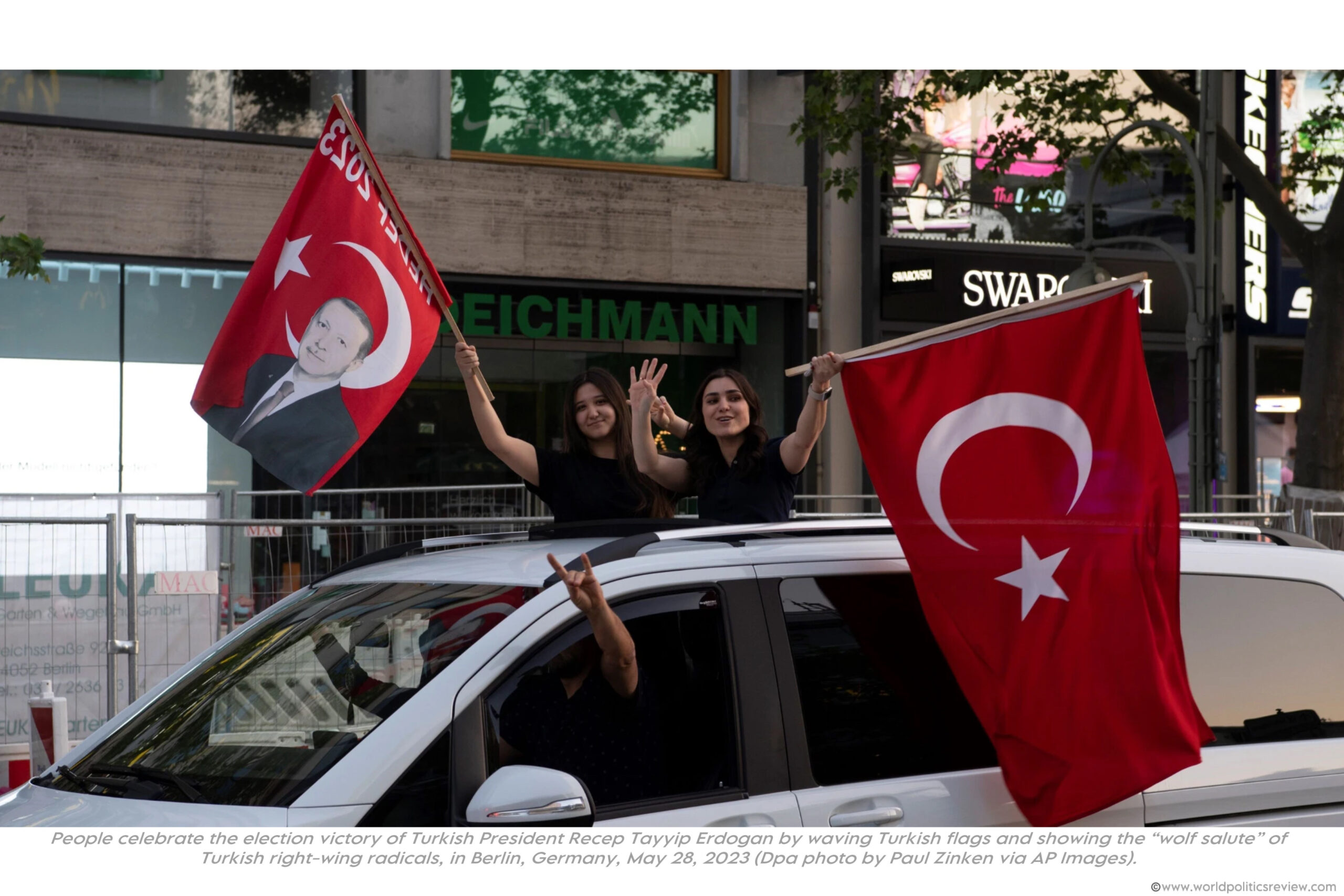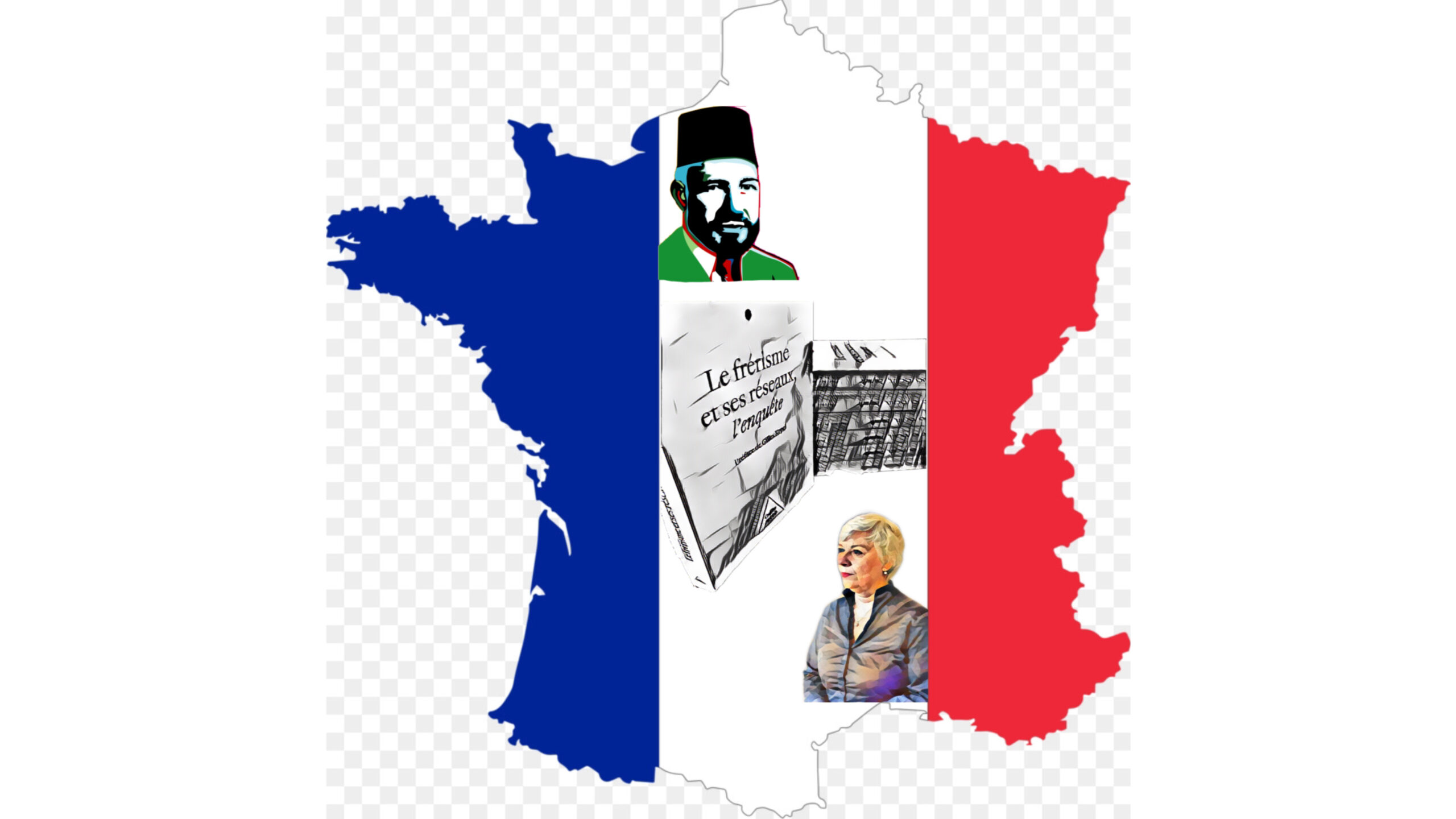The debate on Islamism and political Islam in Germany is flaring up again. Earlier this month, a position paper by politicians of the Christian Democratic Union and Christian Social Union (CDU/CSU) is, for the first time, calling for targeted measures against what is being dubbed as ‘Islamist infiltration’ into society. The allusion is to what has been named ‘legalist Islamism’, a concept discussed shortly after the publication of the CDU/CSU paper in an interview with Lorenzo Vidino. Vidino is the author of The New Muslim Brotherhood in the West as well as other books and articles about Islamism in Europe and the United States.

In the interview, published in the Frankfurter Allgemeine Zeitung, Vidino identifies and defines the term ‘legalist Islamism’. Looming beneath the obvious – because violent – threat of jihadist style Islamism, Vidino suggests, lies a more insidious, cached and politically integrated form of Islamism. Legalist Islamism defines the kind of activity by groups that seek to position their essentially illiberal agendas in the slipstream of political and legal structures. The goal is to reshape society along the lines of Islamist ideologies – while promoting legitimate political goals and means on the surface . Elsewhere, Vidino cites Turkish President Erdogan as using ‘democracy as a streetcar…getting off when we no longer need it’ in an analogy to how he sees legalist Islamists operate.
The debate is taking place in the wider context of the Islamist attacks of 2020, particularly the November shooting in Vienna. In the aftermath of the shooting, German Interior Minister Horst Seehofer said in a session of the Bundestag that potential attacks are imminent and that “our fight against terrorism is not directed against Islam, but against fanatical and violent extremism”1. Since then, political demands have increased for the creation of an Observatory for Political Islam similar to the one established in Austria.
The Austrian Observatory was announced in July of 2020 by the Minister of Integration, Susanne Raab. It is designed to research, document and report on “religiously motivated political extremism” and “to shed light on the networks and structures of, and possible foreign influences on ( Islamist) associations active in Austria”2. This includes the tasks of : outlining the ideology of Political Islam, mapping the networks purporting this ideology as well as a monitoring social media disseminating it. The Observatory is expected to regularly inform the public on these activities. Its first report was met with criticism by the Austria’s Muslim Youth Organization (MJÖ), referring to the report as “disconcertingly lacking”3.
The challenge of accurately terming and demarcating the spaces of political Islam, legalist Islamism and jihadist Islamism all the while bracketing out Islam is heating up an already tense and entrenched debate. The accusation towards ‘left-wingers’ is one of complicity, be it direct or indirect, due to lack of awareness, ignorance or misplaced good intentions. This is a critique that has been made by prominent figures, including ones on the Left themselves. They include German filmmaker and former Algeria correspondent Samuel Schirmbeck as well as Deputy Leader of the Social Democratic Party (SPD), Kevin Kühnert, who was called for ‘non-racist criticism of Islam’ from the Left, noting its ‘conspicuous silence’ on Islamism in the past.
By contrast, the accusation towards religious critics is one of stigmatization and agitation. Historian Wolfgang Benz, for example, late last year denounced all use of the term Islamkritiker (‘Critic of Islam’) as anti-Muslim agitation. Famously, several years prior, the head of the daily Frankfurter Allgemeine Zeitung‘s feuilleton, Patrick Bahners, referred head on to a number of well-known religious critics such as Necla Kelek, Henryk Broder and Hans-Peter Raddatz as ‘instigators of panic’. Of course, these polemic standpoints do little to tame or advance the debate and, indeed, often wind up in sidetracked discussions as the tensions between Bahners and Broder highlights as much as the one between Bahners and controversial author and former SPD Senator of Finance for Berlin, Thilo Sarrazin.
These very public and often heated exchanges have the negative effect to ideologically entrench any political discussion on Islam in public space. In an effort to stop this ideological spat, the CDU/CSU policy paper proposes to use the terminology ‘political Islamism’ over the ‘political Islam’ one. The intention is to reduce the risk of conflating politically active Muslims or Islamic organizations, such as associations that may be promoting interfaith dialog, with Islamic activists with an explicit political agenda ( i.e. political Islamism) .The paper defines adherents to political Islamism as condemning terrorism, but nonetheless inciting Muslims against the Western way of life, against pluralism and against sexual freedom in an outright rejection of the secular constitutional state. The authors identify the Arab Muslim Brotherhood as well as Turkish nationalist organizations such as Milli Görüs and the Grey Wolves, as political Islamists.
No less, it would be fitting of a pluralist society to assume and position a degree of pluralism not just within society at large but within the bounds of minority communities as well.






